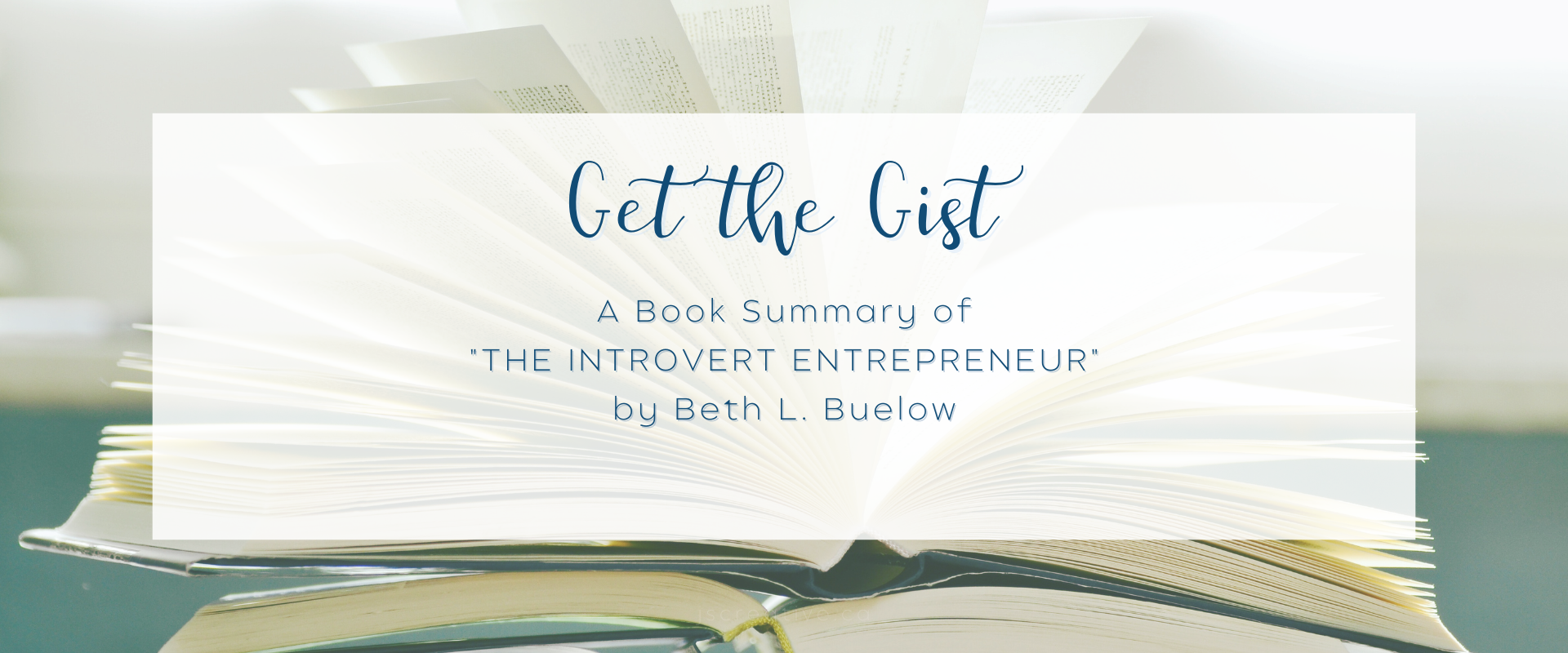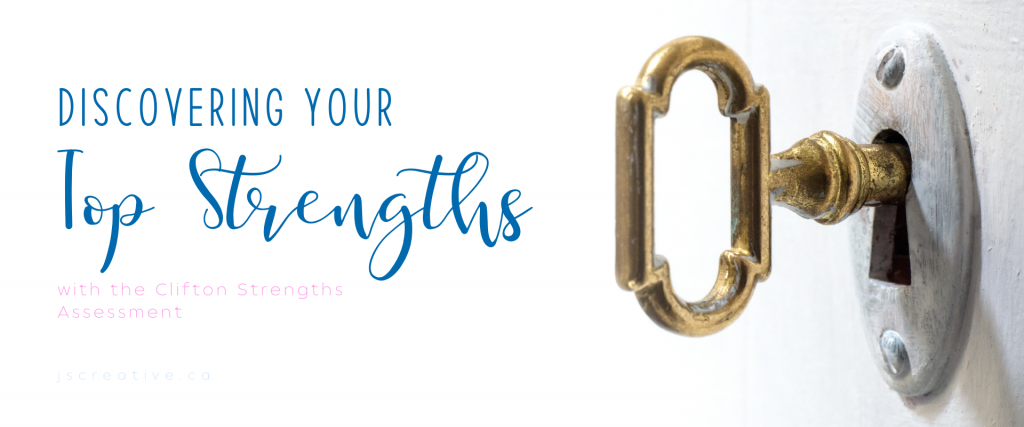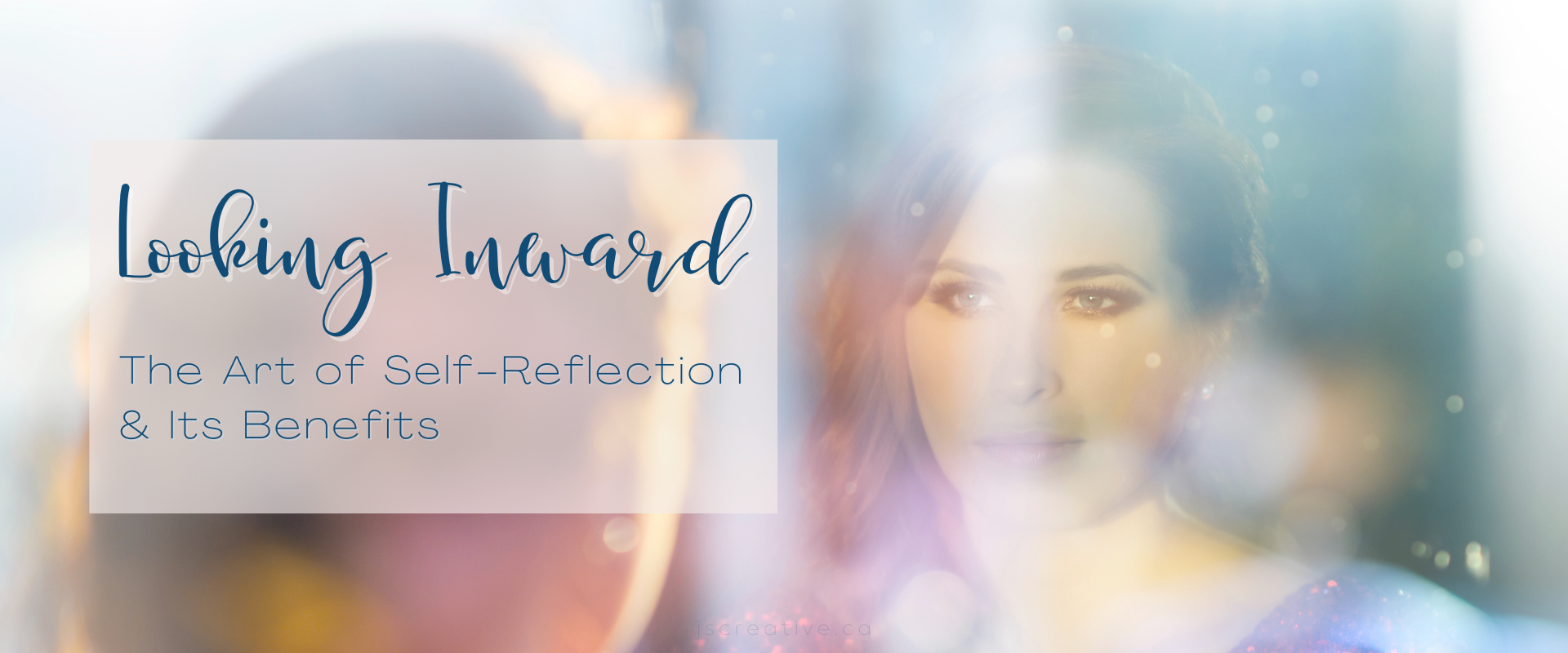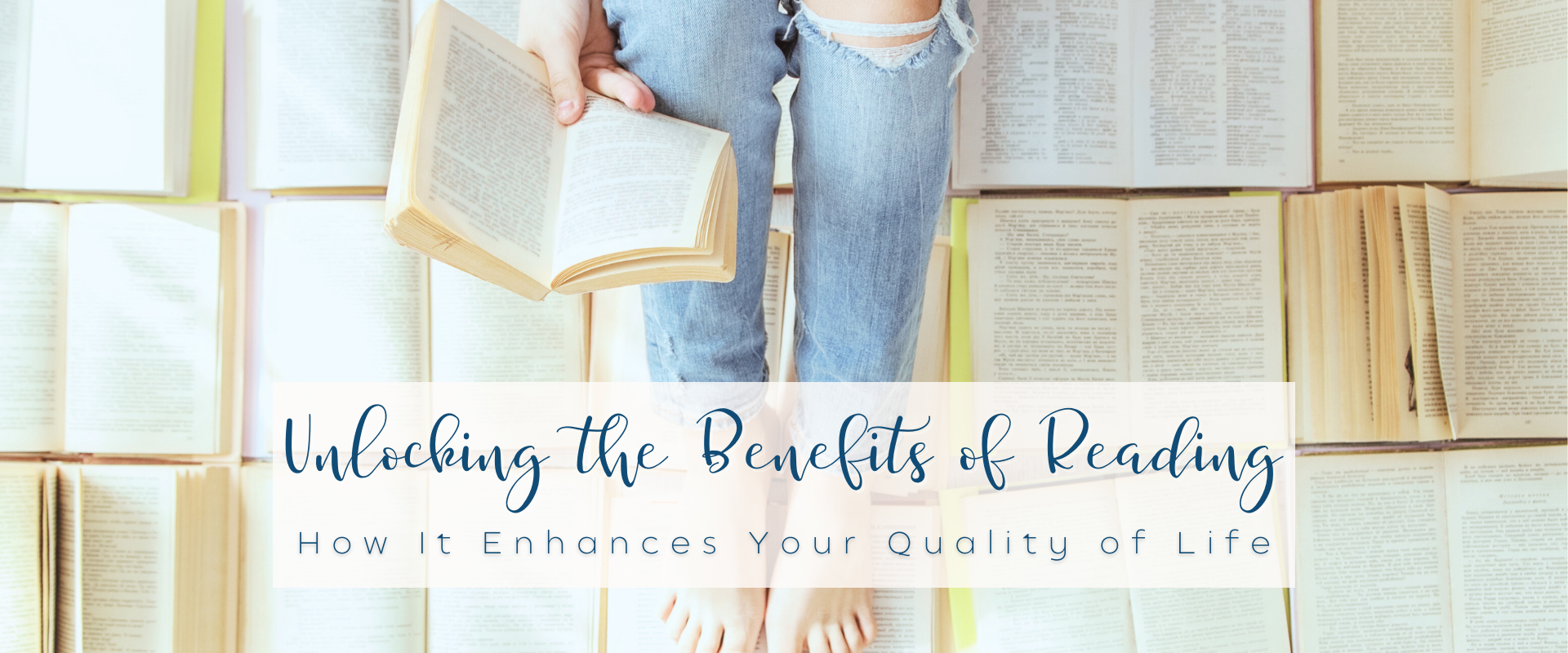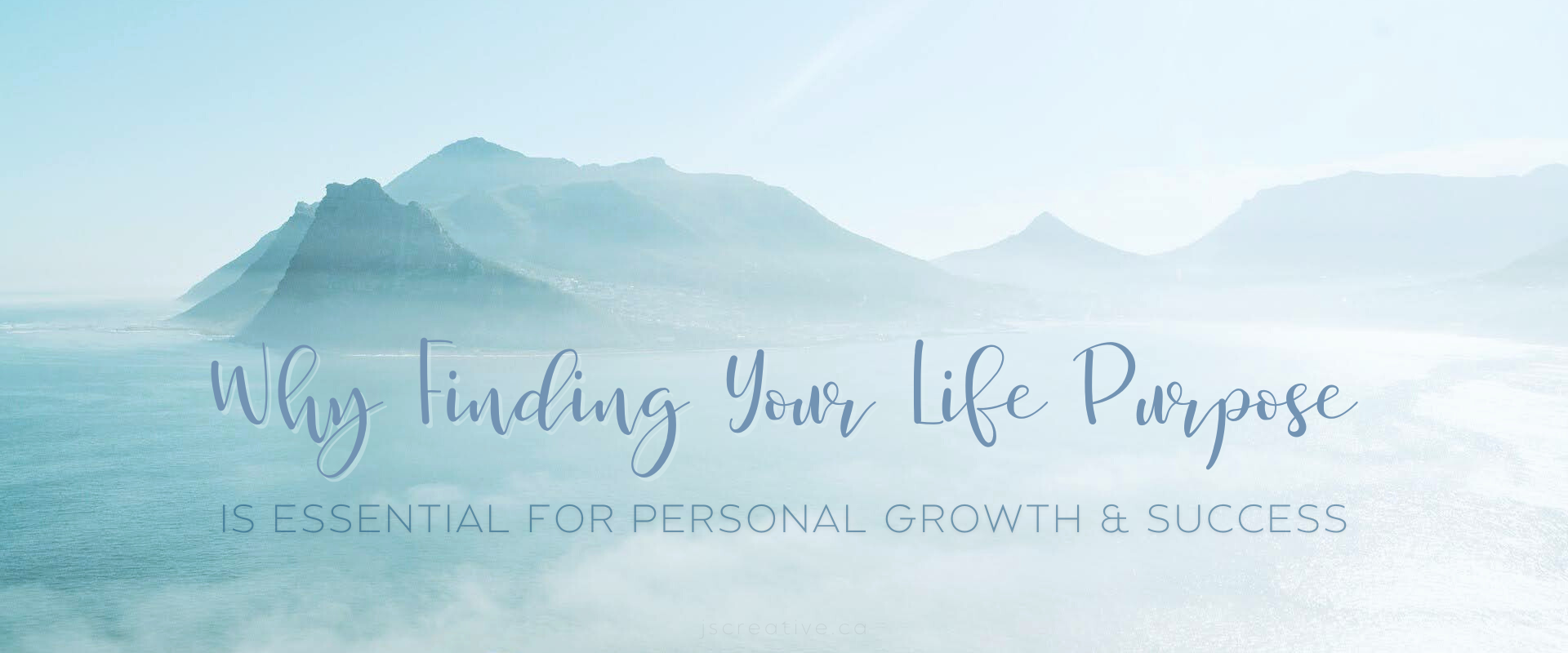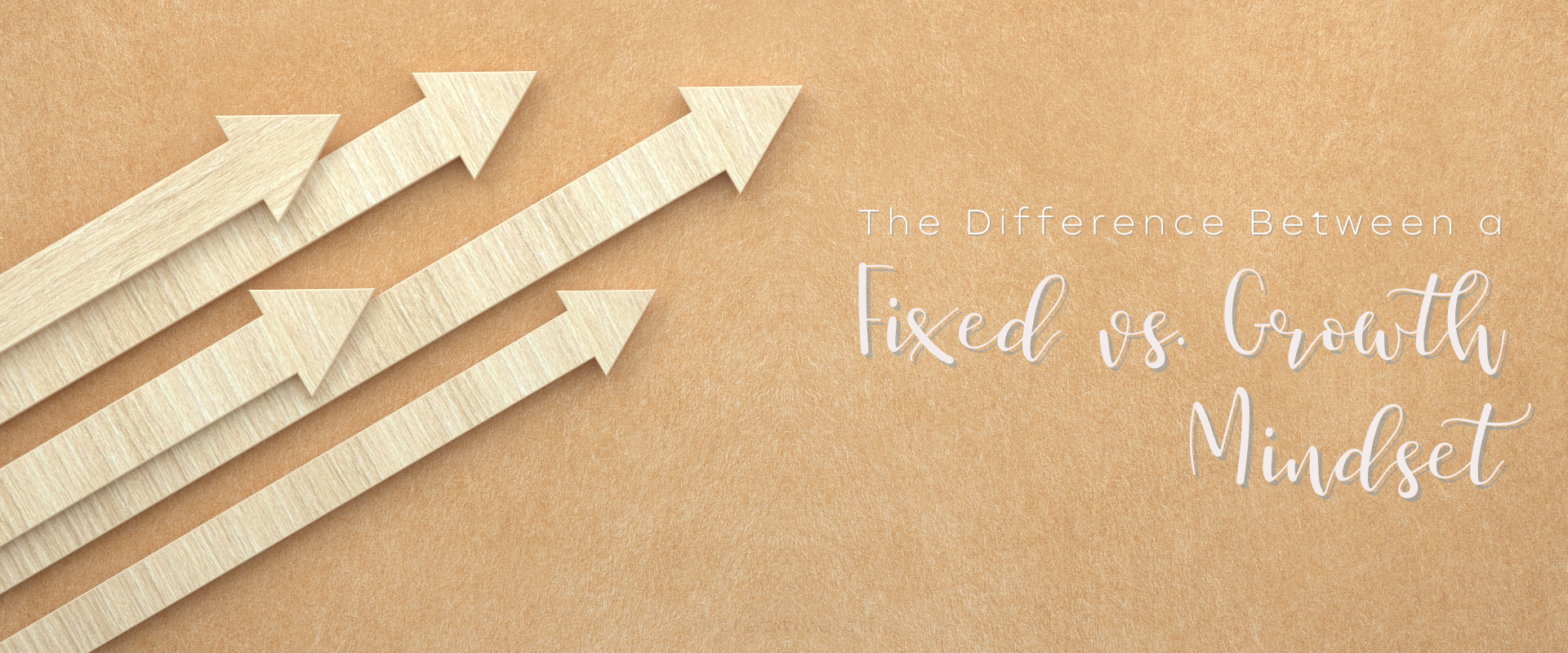How to Build a Personal Knowledge System That Fuels Your Creativity

Para leer este artículo en español, haga clic aquí. ¡Gracias a Salvador Lorca 📚 ⭕️ y Martina López!
. . . . . . . .
Ever feel like your mind is a buzzing hive of ideas, insights, and “aha!” moments, but when you need them most, they’re nowhere to be found? You’re not alone. For multi-passionates, this mental chaos can feel like both a blessing and a curse. Ideas come easily, but managing them? That’s another story.
Enter personal knowledge management (PKM): a way to organize your thoughts, creativity, and insights so you can use them when it matters most.
But here’s the thing—there’s no one-size-fits-all system. Your PKM should reflect your curious, multi-passionate mind. Let’s explore five powerful ideas you can blend to create a knowledge system that supports not just what you know—but what you create.
1. Tiago Forte’s C.O.D.E. Method: The Power of Actionable Notes
Tiago Forte, creator of Building a Second Brain, argues that a knowledge system isn’t about hoarding information; it’s about making it useful. His C.O.D.E. framework (Capture, Organize, Distill, Express) breaks this down:
- Capture the ideas and insights that spark your interest. A sticky note, a voice memo, or an app like Notion—whatever works.
- Organize them so you can find them later. Categories, tags, or even a simple “Projects” list will do.
- Distill your notes into their essential meaning. Ask: What’s the big takeaway here?
- Express your ideas by using them in your work. Share them in a blog, design a product, or test them out in conversation.
The magic lies in simplicity. You’re not saving everything—just what sparks curiosity or solves a problem. The goal? To create a system that serves your life, not one you’re constantly “fixing.”
Reflection Prompt: What’s one way you could make your notes easier to find or use?
2. Harold Jarche’s Seek-Sense-Share Method: Connecting the Dots
Harold Jarche adds another layer with his Seek-Sense-Share model, designed for turning information into wisdom:
- Seek: Follow your curiosity. Explore books, podcasts, conversations, or rabbit holes that fascinate you.
- Sense: Make meaning from what you’ve found. Reflect, journal, or connect ideas in new ways.
- Share: Share what you’ve learned with others—blog posts, discussions, or even casual chats.
The beauty of this approach? It’s cyclical. Sharing leads to feedback, which sparks new seeking, and the process repeats. Think of it as a way to refine your ideas over time while staying in motion.
Reflection Prompt: When was the last time you shared an idea and learned something unexpected in return?

3. Ness Labs’ Curiosity-First Approach: Let Your Interests Lead
Ness Labs takes PKM further by leaning into curiosity as the engine of learning. Instead of rigidly collecting or organizing knowledge, they suggest embracing an iterative, playful process:
- Follow the questions that excite you. What do you really want to know?
- Give yourself permission to explore without judgment. The more you let curiosity guide you, the more organic your system will feel.
- Build “knowledge gardens,” not rigid silos. This mindset shifts from collecting static facts to cultivating evolving insights.
When you treat your PKM system as a living experiment, it becomes less about perfection and more about creative growth.
Reflection Prompt: What’s one question you’re curious about right now? How could you explore it today?
4. Austin Kleon’s “Steal Like an Artist”: Remix, Don’t Reinvent
Austin Kleon’s advice reminds us that creativity isn’t about starting from scratch—it’s about remixing what already exists. As he says, “You are a mashup of what you let into your life.”
- Borrow ideas shamelessly. A blog post, a doodle, a conversation—treat them as creative ingredients.
- Add your perspective. What’s your unique take? How can you connect this idea to something else?
- Keep a swipe file. This could be a digital folder, a notebook, or even a Pinterest board filled with things that inspire you.
The key is to combine these elements into something uniquely yours. Your knowledge system isn’t just a repository; it’s a creative playground.
Reflection Prompt: What’s one idea you’ve been inspired by recently? How could you add your own spin to it?
5. Jay Acunzo’s Body of Work: Create for Resonance, Not Just Output
Jay Acunzo challenges us to move beyond “just making things” and focus on building a body of work—a collection of creations that tells a larger story.
The key is resonance: Your work should matter to both you and your ideal audience. That starts with clarity:
- Know your audience: Who are they? What questions are they asking? What sparks their curiosity? When you truly understand your audience, your work naturally becomes more relevant and impactful.
- Filter your ideas: Instead of trying to do it all, ask: Does this align with my unique perspective and values? Will this make someone’s life better?
- Play the long game: Every blog post, product, or shared idea is a dot on a larger map. Over time, those dots connect, forming a body of work that reflects your growth and the value you bring to others.
Acunzo’s approach reminds us that creating isn’t just about output—it’s about building trust, connection, and a legacy that feels authentic.
Reflection Prompt: What’s one thing you could create today that feels true to you and meaningful to your audience?

Pulling It All Together
A personal knowledge system isn’t just a tool for organizing ideas—it’s a foundation for something bigger: the work you’ll leave behind.
When you combine these approaches—C.O.D.E., Seek-Sense-Share, curiosity, remixing, and building a body of work—you’re not just managing knowledge. You’re creating a system that fuels your creativity, amplifies your voice, and connects with others in meaningful ways.
Whether you’re writing, designing, or simply exploring, your PKM isn’t just about collecting ideas. It’s about using them to tell your story and resonate with your audience.
Final Reflection: What story do you want your body of work to tell? How can your knowledge system support that vision?
Start small, stay curious, and let your creativity guide the way. The dots will connect as you go.
(This post was originally shared on Substack)
How to Build a Personal Knowledge System That Fuels Your Creativity Read More »
